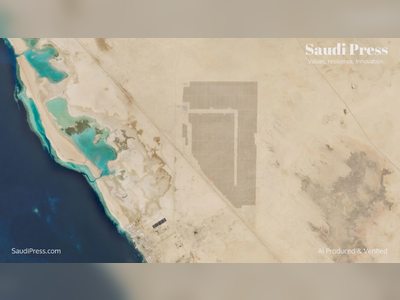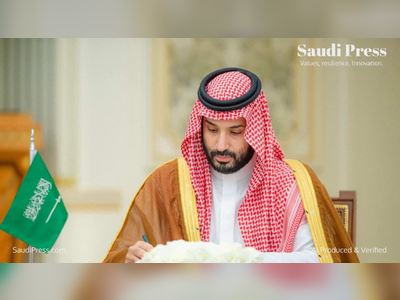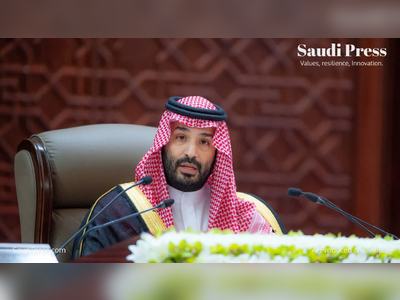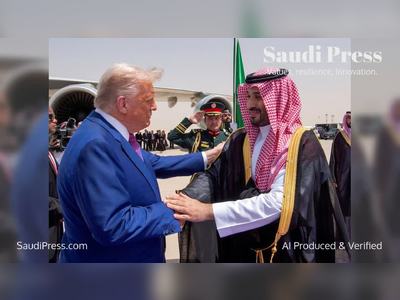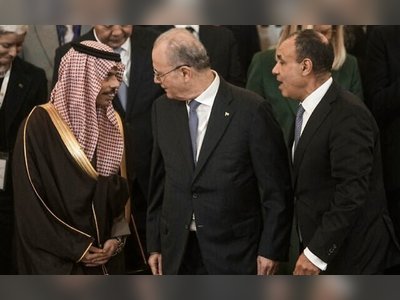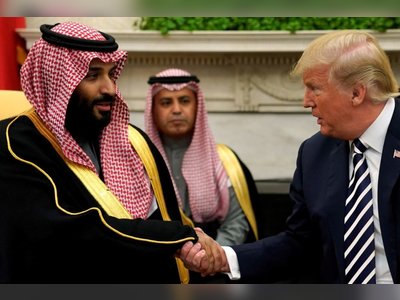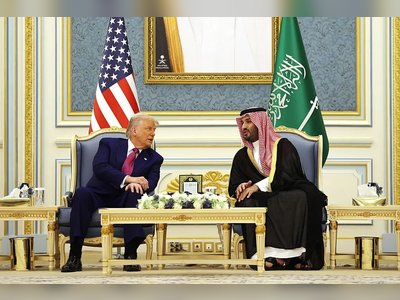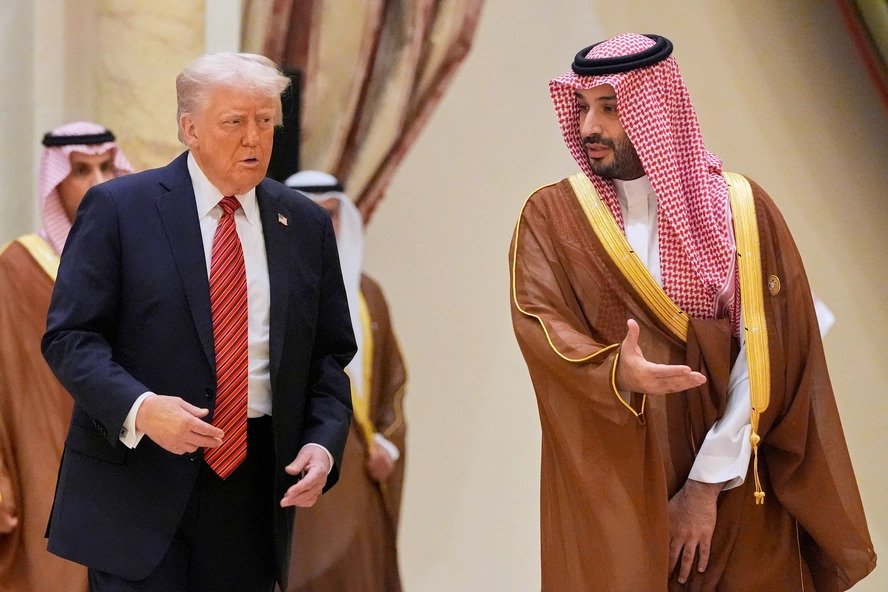
Trump to Authorise F-35 Sale to Saudi Arabia Ahead of Crown Prince Visit
U.S. president confirms plan to sell advanced stealth fighters to Riyadh, raising major strategic questions for Middle East security
President Donald Trump announced on Monday that he will approve the sale of F‑35 Lightning II stealth fighter jets to Saudi Arabia, a decision timed for the arrival of Crown Prince Mohammed bin Salman in Washington.
He told reporters: “We’ll be doing that… They want to buy them.
They’ve been a great ally.”
The prospective deal, believed to involve up to forty-eight jets and worth multiple billions of dollars, represents a significant shift in U.S. policy.
Until now, Israel has been the only country in the Middle East operating the F-35. Approval of the sale would elevate Saudi Arabia into a select group of operators, and align with Trump’s broader move to deepen U.S.–Saudi security and economic ties.
Saudi Arabia has sought a fleet upgrade for some time, and Trump cited Riyadh’s collaboration with the United States in earlier regional operations, saying the kingdom’s assistance in missile strikes that “obliterated” Iran’s nuclear infrastructure made such defence cooperation appropriate.
The sale also comes amid a wider package of U.S.–Saudi agreements expected during the crown prince’s Washington visit, including commercial investment and civil-nuclear cooperation.
The announcement, however, brings complex challenges.
The United States has for decades guaranteed a so-called “qualitative military edge” (QME) for Israel — meaning Israel must maintain a capability advantage over neighbouring states.
Experts note that providing the F-35 to Saudi Arabia may compel Washington to revise or reaffirm how it will safeguard Israel’s edge.
Concurrently, U.S. defence-intelligence officials have warned that such a sale could expose advanced stealth technology to adversaries, including through Riyadh’s growing ties to China.
Furthermore, the sale still must clear multiple layers of U.S. oversight.
The deal requires formal notification to and potential approval by the U.S. Congress, cabinet-level reviews and export licencing.
Some analysts observe that even with a presidential endorsement, contract signatures, production line scheduling and pilot-training for Saudi crews would take years to execute.
On Capitol Hill, several lawmakers have already flagged concern.
The kingdom’s human-rights record, including its role in the Yemen conflict and the 2018 murder of journalist Jamal Khashoggi, remains a sticking point in arms-sale debates.
Yet Trump remains confident the deal will proceed, part of his aim to strengthen the U.S.–Saudi alliance and reposition Saudi Arabia within the defence architecture of the region.
With the crown prince’s visit scheduled to include a U.S.–Saudi investment conference and high-level bilateral talks, the F-35 announcement sets the tone for a security-heavy agenda.
Whether the sale advances or stalls will depend on shaping the conditions around Israel’s security guarantee, technology protection and congressional tolerance of the transaction.
He told reporters: “We’ll be doing that… They want to buy them.
They’ve been a great ally.”
The prospective deal, believed to involve up to forty-eight jets and worth multiple billions of dollars, represents a significant shift in U.S. policy.
Until now, Israel has been the only country in the Middle East operating the F-35. Approval of the sale would elevate Saudi Arabia into a select group of operators, and align with Trump’s broader move to deepen U.S.–Saudi security and economic ties.
Saudi Arabia has sought a fleet upgrade for some time, and Trump cited Riyadh’s collaboration with the United States in earlier regional operations, saying the kingdom’s assistance in missile strikes that “obliterated” Iran’s nuclear infrastructure made such defence cooperation appropriate.
The sale also comes amid a wider package of U.S.–Saudi agreements expected during the crown prince’s Washington visit, including commercial investment and civil-nuclear cooperation.
The announcement, however, brings complex challenges.
The United States has for decades guaranteed a so-called “qualitative military edge” (QME) for Israel — meaning Israel must maintain a capability advantage over neighbouring states.
Experts note that providing the F-35 to Saudi Arabia may compel Washington to revise or reaffirm how it will safeguard Israel’s edge.
Concurrently, U.S. defence-intelligence officials have warned that such a sale could expose advanced stealth technology to adversaries, including through Riyadh’s growing ties to China.
Furthermore, the sale still must clear multiple layers of U.S. oversight.
The deal requires formal notification to and potential approval by the U.S. Congress, cabinet-level reviews and export licencing.
Some analysts observe that even with a presidential endorsement, contract signatures, production line scheduling and pilot-training for Saudi crews would take years to execute.
On Capitol Hill, several lawmakers have already flagged concern.
The kingdom’s human-rights record, including its role in the Yemen conflict and the 2018 murder of journalist Jamal Khashoggi, remains a sticking point in arms-sale debates.
Yet Trump remains confident the deal will proceed, part of his aim to strengthen the U.S.–Saudi alliance and reposition Saudi Arabia within the defence architecture of the region.
With the crown prince’s visit scheduled to include a U.S.–Saudi investment conference and high-level bilateral talks, the F-35 announcement sets the tone for a security-heavy agenda.
Whether the sale advances or stalls will depend on shaping the conditions around Israel’s security guarantee, technology protection and congressional tolerance of the transaction.
